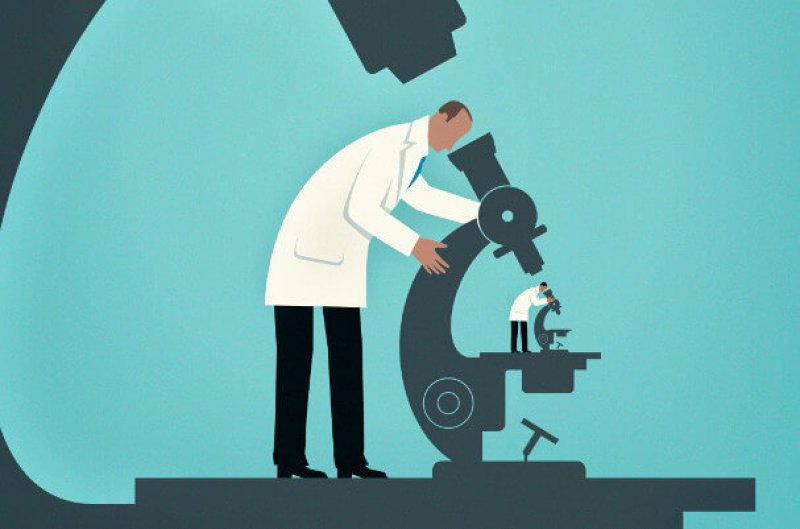Last week, the whistleblowers in the Paolo Macchiarini affair at Sweden’s Karolinska Institutet went on the record here to detail the retaliation they suffered for trying to expose a star surgeon’s appalling research misconduct.
The whistleblowers had discovered that in six published papers, Macchiarini falsified data, lied about the condition of patients and circumvented ethical approvals. As a result, multiple patients suffered and died. But Karolinska turned a blind eye for years.
Scientific fraud of the type committed by Macchiarini is rare, but studies suggest that it’s on the rise. Just this week, for example, The New York Times reported that a Harvard Medical School cardiologist and stem cell researcher, Piero Anversa, falsified data in a whopping 31 papers, which now have to be retracted.
…
In a 2012 study published in the Journal of Research in Medical Sciences, researchers estimated that 14 percent of other scientists commit serious misconduct, while up to 72 percent engage in questionable practices. While these are only estimates, the problem is clearly not one of just a few bad apples.
…
Though the pressures facing scientists are very real, the problem of misconduct is not inevitable. Along with increased support from governments and industry, a change in academic culture that emphasizes quality over quantity of published studies could help encourage meritorious research.
Read full, original post: Researchers Behaving Badly: Known Frauds Are “the Tip of the Iceberg”































